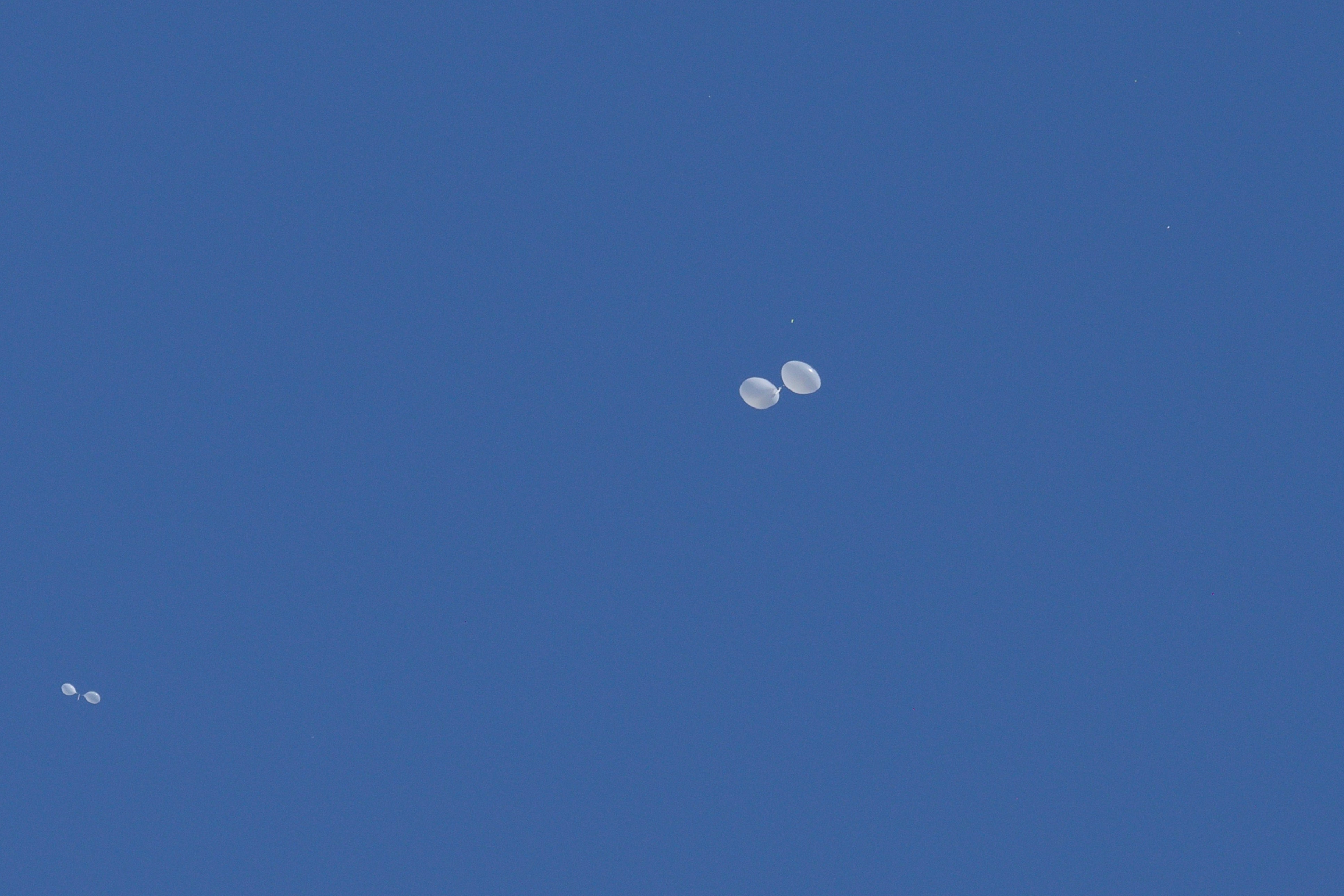
North Korea denied removing propaganda broadcast speakers on the border with South Korea, with Kim Jong Un’s sister labelling the claim a “red herring”.
In a statement published in KCNA news agency, Kim Yo Jong, deputy director of North Korea’s propaganda department, said: “We have never removed loudspeakers installed on the border area and are not willing to remove them.”
The South Korean military said last week they had “detected North Korean troops dismantling propaganda loudspeakers in some parts along the front line from this morning”.
“It remains to be confirmed whether the devices have been removed across all regions, and the military will continue to monitor related activities.”
Ms Kim refuted the claim on Thursday. “I think that by getting rid of the measures taken unilaterally during the Yoon Suk Yeol regime, the present government of the ROK seems to be trying to meet someone’s response and be praised for ‘such a good deed,’” she said, referring to the neighbour’s previous leader.
“The rulers of Seoul have some object in building up public opinion while embellishing their new policy towards the DPRK.”
She said Seoul appeared to believe provoking a response from the North would work to its advantage and that if there was no reaction it could frame its actions as an “effort for detente”, transferring responsibility for rising tensions to the North and securing international support.
“However, such a trick is nothing but a ‘pipedream’ and it does not arouse our interest at all,” she said in her statement. “Whether the ROK withdraws its loudspeakers or not, stops broadcasting or not, postpones its military exercises or not and downscales them or not, we do not care about them and are not interested in them.”
South Korea resumed border broadcasts in June 2024 after six years in response to the North’s launch of trash-filled balloons. The loudspeakers broadcast a mix of propaganda messages and K-pop hits, a playlist crafted to irk the rival nation’s leadership.
At the time, officials in Seoul said the audio could carry as far as 24km inside North Korea on a quiet night.
In recent months, South Koreans living near the border have reported North Korean loudspeakers blaring disruptive noises – from animal howls to clanging gongs – in retaliation for Seoul’s propaganda broadcasts.

Such psychological operations have added another layer of strain to an already volatile situation, with tensions fuelled by North Korea’s expanding nuclear capabilities and South Korea’s deepening military collaboration with the US and trilateral security ties with Japan.
“The US-ROK joint military drills to be started on August 18 will undoubtedly bring the light to the hostile nature of the ROK again,” Ms Kim said.
“We have clarified on several occasions that we have no will to improve relations with the ROK, the US faithful servant and ally, and this conclusive stand and viewpoint will be fixed in our constitution in the future.”
South Korea’s liberal president, Lee Jae Myung, who assumed office in June following an early election to replace Yoon Suk Yeol, had earlier pledged to seek better ties with Pyongyang.
But tensions may escalate again with the annual joint military drills starting on 18 August, which North Korea denounces as invasion rehearsals and often answers with military displays and weapons tests to advance its nuclear programme.







